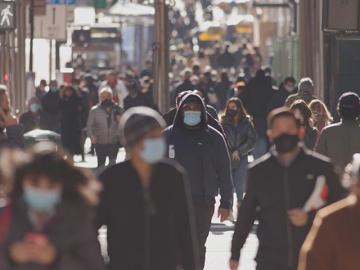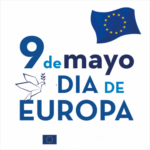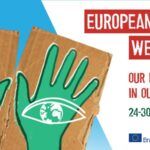Civil society organisations across the EU provide services, engage in communities, raise awareness, advocate on behalf of others and hold authorities to account. But they face threats, attacks, funding cuts and disproportionate restrictions. These are just some of the challenges human rights civil society organisations face in some parts of the EU, and the Coronavirus pandemic has worsened their working conditions, highlights a new report from the EU Agency for Fundamental Rights (FRA). FRA calls on policymakers to foster a more conducive working environment for civil society, helping to realise all human rights for all.
“A strong and healthy civil society is the lifeblood of our democracies. Yet in some countries, civil society organisations are under great strain,” said FRA Director, Michael O’Flaherty. “While there are some green shoots of hope, the EU and EU countries need to support civil society organisations everywhere, so they can fulfil their vital role and defend our fundamental rights.”
FRA’s report ‘Protecting civic space in the EU’ sheds light on the challenges civil society faces across the EU. An online consultation with over 400 human rights civil society organisations carried out for the report reveals:
- Worse conditions – over half of civil society organisations (57%) say that the conditions for their work deteriorated in 2020;
- Threats and attacks – 40% received verbal threats online, one third (33%) reported smear campaigns against their organisation and 10% experienced legal harassment;
- Limited freedom – many report difficulties in exercising their rights to freedom of assembly (29%), to freedom of expression (25%) and to freedom of association (18%);
- Lack of funding – over half (60%) have difficulties in finding funding for their work;
- Limited involvement – almost half (46%) lack adequate information about getting involved in decision making and public consultations.
But the report also highlights positive developments and promising practices. These include authorities publicly acknowledging the importance of civil society work, fully involving civil society in policy development or reducing bureaucracy for NGO registration.
Building on these positive examples, FRA encourages the EU and EU countries to:
- Monitor developments – keep track of civil society challenges and find ways to respond rapidly to counter restrictions;
- Safeguard rights – ensure the EU and national laws strengthen the right to freedom of expression, assembly and association;
- Provide funding – address civil society needs in EU funding and remove funding obstacles;
- Encourage dialogue – support an open, transparent and regular dialogue between policymakers and civil society at the EU, national and local levels;
- Protect civil society – ensure effective protection against attacks and administrative harassment.
This report is based on evidence collected by the Agency’s research network in 2020, two online consultations with civil society organisations and desk research. It builds on FRA’s 2018 report on civil society challenges.
Selected quotes from respondents to FRA’s 2020 consultation:
“Civil society is more essential than ever (…) yet we are under pressure from all sides (…) It is unsustainable and creating unprecedented situations of burnout for people who work tirelessly for social change, not for profit.”
“We have not faced challenges in court – but had to ask ourselves how to speak about and address COVID emergency laws (…) without fear of negative consequences on our experts.”
“We have reported several incidences of hate speech and death threats to the police. As of today, we haven’t heard anything more about proceedings against these individuals.”
“As a result of external pressure and negative campaigns against our organization, we no longer provide one of the services for children that we had provided for the last 10 years.”
More information:
EU Agency for Fundamental Rights (FRA)







Leave a Reply